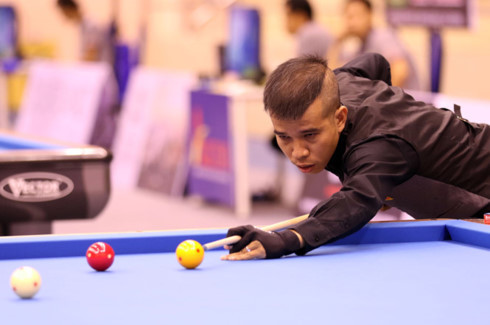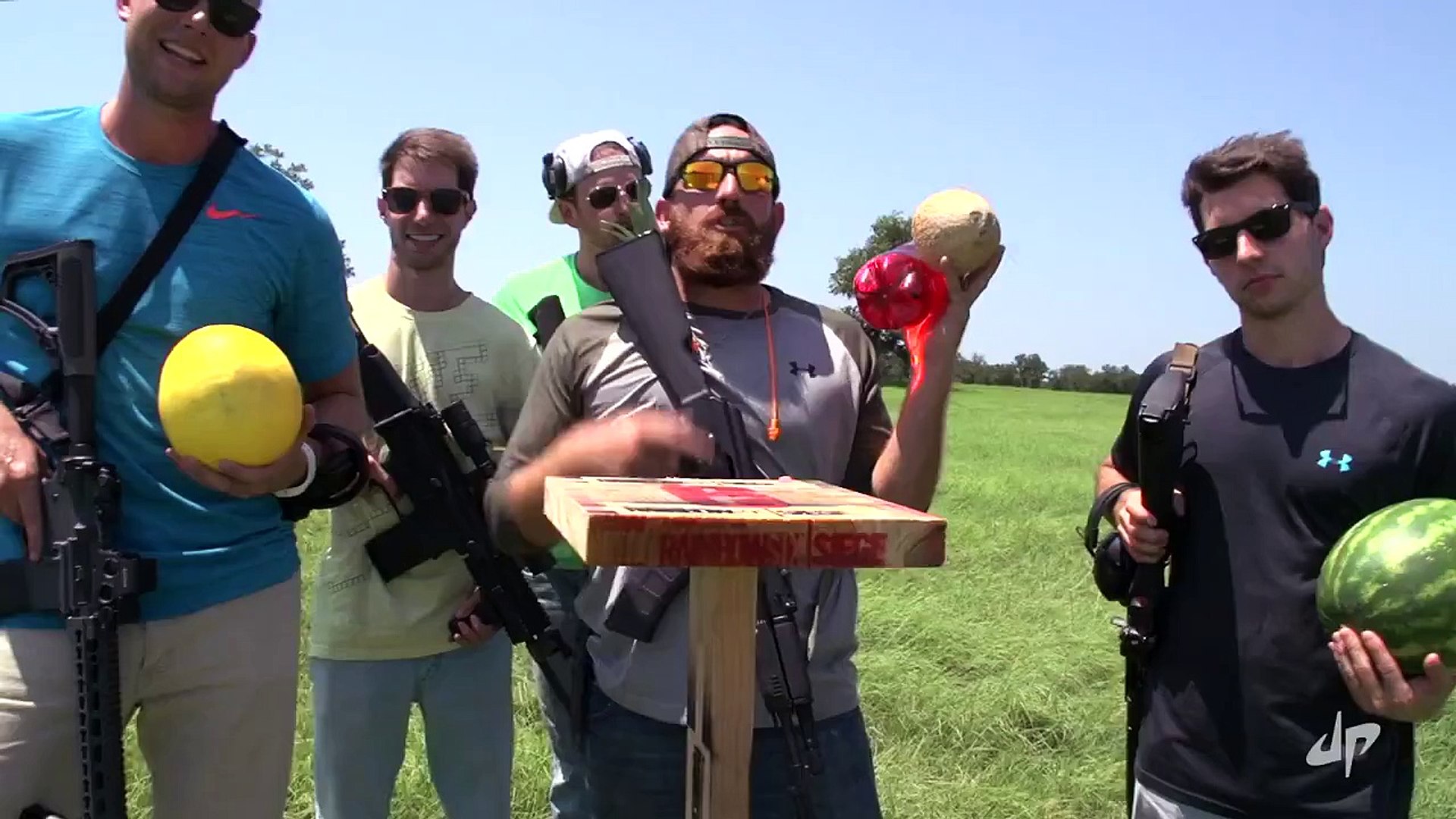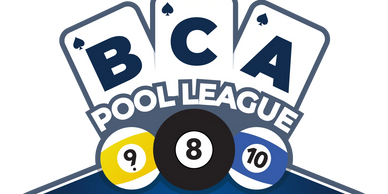
Whether you are looking to get into the game or just want a new pool table, you will want to know what size pool table you are going to need. There are many sizes that you can choose from so it's important that you select the right size.
Measure the space where the pool table will be placed. You'll need to measure the length and width of the room. This is called the minimum room size. Once you have taken these measurements, subtract the furniture from your total room size.
Once you have a rough idea of how large the room is, it's easy to determine the size pool table that you will need. The most common sizes for pool table are 7 feet, 8 feet and 9 foot. These are the sizes most people use. But specialty tables are available. For example, you can find smaller tables designed for kids. Mini tables are also available, measuring only 3-4 feet in length. These tables are perfect for young children who want to learn the game.

A regulation-sized pool table will be the best choice for serious players. These are often found in bars and pool halls. Most leagues will consider a 9-foot table a standard size for tournaments. Professionals looking to compete in professional tournaments will find it a great size. It is a significant investment so make sure to do your research.
You should also consider the length of your cues. The way you shoot will depend on how long your cues are. A longer cue will make it difficult to hit a shot for break. There are many "shorty" cues that come in different sizes, such as 36, 48 and 52 inches. These short cues are great for kids pool tables, but can also help you get around obstacles. "Troubleshooter" short-cues are available, which feel and function like full-size cues.
The length of your pool cues is an important consideration when buying a table. Children will prefer shorter cues, while those who are more tall can use longer cues. The length of your cues will affect how smooth you can shoot. It can be difficult to take a break shot if you have longer cues. But, shorter cues are more efficient and can get around any obstacles.
A larger table will require longer shots. It will also put more control in your hands. A larger table will also require more skill and can be more challenging to maneuver. This will make the competition more interesting. A larger table requires more space. Also, it's easier to make mistakes at a larger table. You should start with a table at least seven feet in length if you're a beginner.

A seven-foot pool table would be a perfect choice for bars and pubs. These tables are extremely popular in North American amateur leagues.